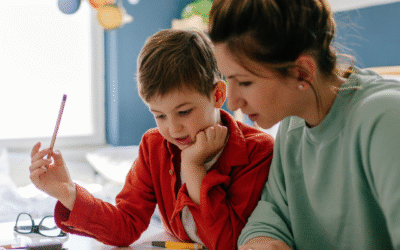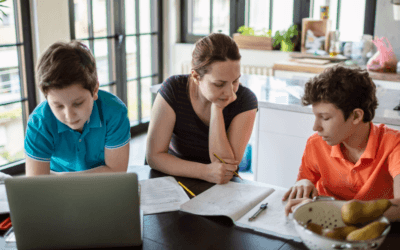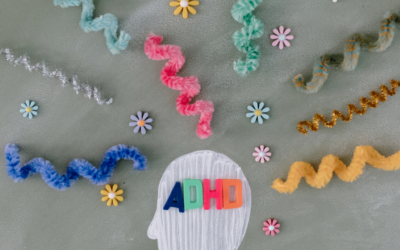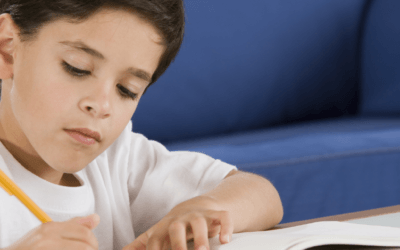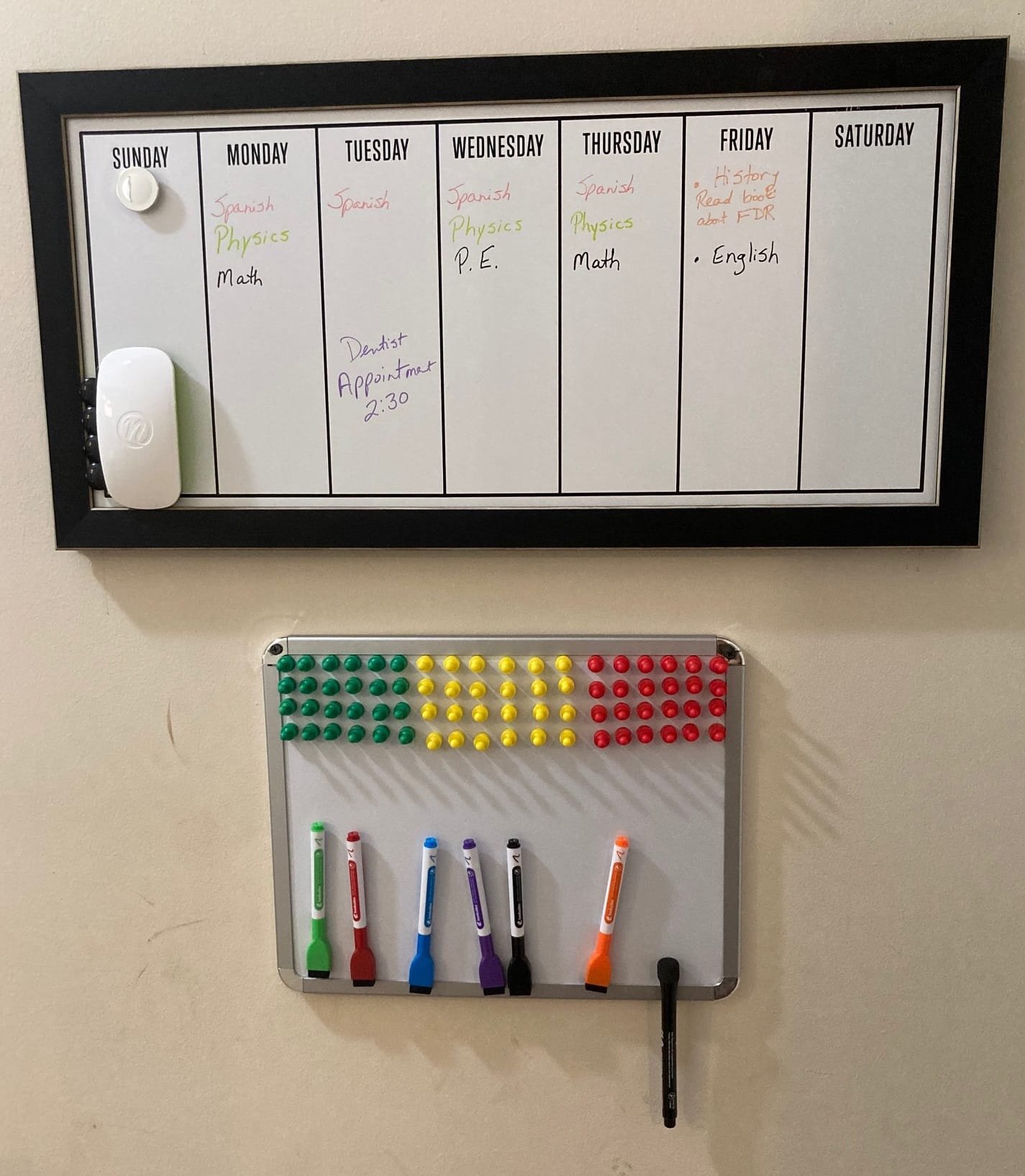There are many different strategies to teaching your child to write. Today, we are going to go discuss how I taught one of my kids to write.
ADHD
How Accurate is Psychological Testing for ADHD?
I have three kids, and they have all done psychological testing to determine which type of neurodiverse they are and what other learning disabilities they have. So, while I know how this type of testing is supposed to work as a professional, I also have a lot of...
Accommodating My Homeschoolers
Accommodations aren’t just for public school and IEP meetings. There are things you can do in your homeschool to help your child get more from their lessons.
Understanding Executive Function Disorder
Problems with executive function can occur in people with ADHD, autism, and other learning challenges and be very frustrating for parents to understand.
Why your ADHD child needs praise!
Did you know that neurotypical people get a boost of happy brain chemicals from a job well done? But that doesn’t work for us ADHD folks. Here’s why.
Learning To Write with ADHD
Writing well is a challenge for students with ADHD. There are a few strategies you can use to help build your child’s confidence and skill.
Can You Homeschool Pathological Demand Avoidant Kids?
Pathological Demand Avoidance, co-occurs with ADHD or autism, and means that your child doesn’t want to do things just because they were told to do them.
ADHD + Coffee = Magic
Using coffee instead of medication helps some people with ADHD focus and get more done! Why does this work and should you try it? Learn more!
Weird Rules for my Smart Child
I have a child who is incredibly smart, but also, can’t read a room. So, I taught her a few rules, that she has lived by from preschool to college.
Tips for Homeschooling when you have ADHD
I often talk about homeschooling when the kids have ADHD. But what if you have it? I have some tips.
Organizing Your Kids: Charts that Work
Every year, I start off the year with the goal to be more organized. Now that my kids are older, I want to find methods that also work for them. Learning how to organize themselves and keep up with their work will help them be successful in real life far more than...
Can a Diet Cure Autism or ADHD?
There is no diet that will cure ADHD or autism. However, I do think there is a reason these diets get so much attention, and some of them make some good points.
Should your Child take ADHD Medication?
There are lots of things to think about when you are considering mediation to address ADHD for your child. There is no one-size-fits-all answer.
Picky Eaters: Older Kids and Teens Ideas
Most parents complain that their teens are eating them “out of house and home”. But what if your child is a reluctant eater?
Mom has ADHD! Oh My!
When my daughter was diagnosed with ADHD it forced me to take a look at my own life. I can see what struggles and gifts my neurodiversity has given me.
Multi-Generational ADHD
Do you have a child with ADHD? If so, there is a very strong chance that one of their parents has it too. And at least one of their grandparents also has ADHD.
Neurodivergent Brain Development
Did you know that the neurodiverse brain has a different developmental pattern than a neurotypical brain? And that impacts how and when they are ready to learn.
ADHD, The Dopamine Seeker
Lack of dopamine can lead to depression, anxiety, difficulty completing tasks, and a lot of struggle. So, how do we help your ADHD child get more dopamine?


